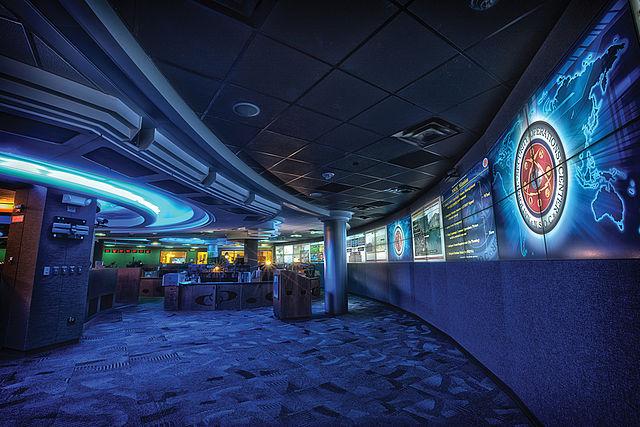
A new Presidential Memorandum calls on more than 20 federal agencies to take the national security implications of climate change into consideration. This is a step in the right direction as evidence of the link between climate stress and conflict grows.
Climate change is the biggest challenge of our generation, and its impacts go far further than just the environment. Businesses, cities and sectors such as travel all are taking climate change into consideration as they plan for the future.
But until recently, America's military was, for the most part, still seeing the world through the old lens of nation-states and geopolitics, despite evidence that climate change was impacting conflict as well.
“It is well-established that climate change is a threat-multiplier that catalyzes conflict and creates instability. Climate change is a underlying driver of natural disasters and extreme weather events, increases human migration, and contributes to conflicts around resources, such as food and water,” Andrew Light, distinguished senior fellow at the World Resources Institute, said in a press statement. “Without action, these threats will surely increase.”
Strong evidence backs Light's claim that climate change can have an impact on security. In fact, both Syria and Venezuela – two countries going through incredible violence right now – faced massive climate pressure that created social instability. Addressing climate change impacts could at least help mitigate the potential for conflict.
Moreover, there is another major concern: climate refugees. Small populations are already being forced to evacuate increasingly uninhabitable islands in the Pacific, and what is a trickle now could become a verifiable rush. Hundreds of millions of people, if not billions, live along low-lying coastlines in countries highly vulnerable to rising sea levels. The world is not at all equipped to deal with massive population shifts – the ongoing political crisis over refugees' resettlement in Europe attests to that – and climate change could only make this worse.
This just the first step, as our military-industrial complex is still oriented to fighting and responding to acts of war, not preventing conflict that could take place because of climate change. Nevertheless, this is a welcome shift and could be one of the most enduring pieces of President Barack Obama's legacy.
“The United States is for the first time integrating climate science with its intelligence and policy priorities,” Light said. "[This] directive is a major step toward preparing the U.S., to respond to climate change, a grave threat to the nation's security and people around the world.”
Preventing the worst of climate change will require all of us – businesses, nonprofits, the media and, yes, even the military and intelligence agencies – to come together and face this immense challenge. This latest action is another sign that we are finally overcoming years of right-wing (and corporate) climate denial and beginning to face up to this immense challenge.
Photo Credit: National Security Agency via Wikimedia Commons

Nithin Coca is a freelance journalist who focuses on environmental, social, and economic issues around the world, with specific expertise in Southeast Asia.














